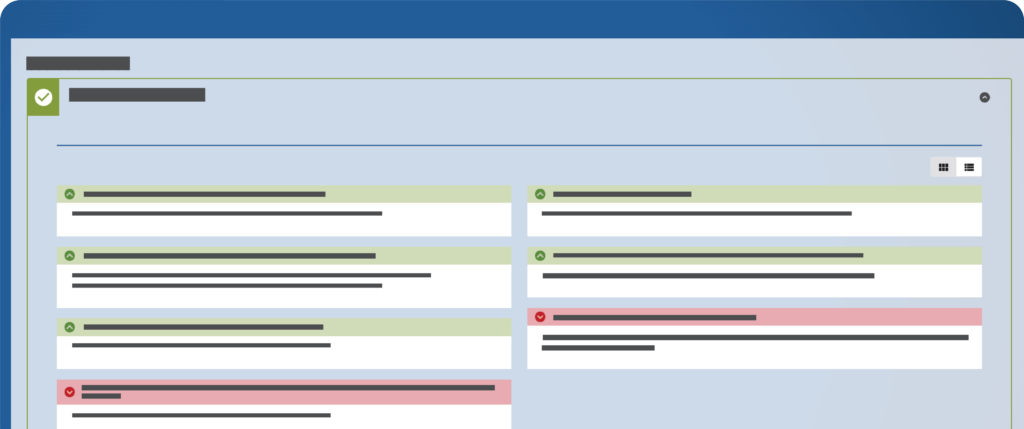CapitalROCK has helped thousands of financial professionals improve the way they do business. Find out how RightBRIDGE can save you time, provide you with the data you need to act in your client’s best interest and improve your firm’s regulatory compliance.
Want to see why 100,000+ financial professionals trust and use RightBRIDGE to deliver actionable and reliable results? Fill out the form above and somone from our team will reach out.
With 16+ years in the financial space the CapitalROCK team has heard the struggles that financial professionals face. These shared pain points have shaped RightBRIDGE into what it is today and has changed the way top firms do business. Fill out the form above to see how RightBRIDGE can improve your business.

Copyright © 2024 CapitalROCK. All rights reserved.